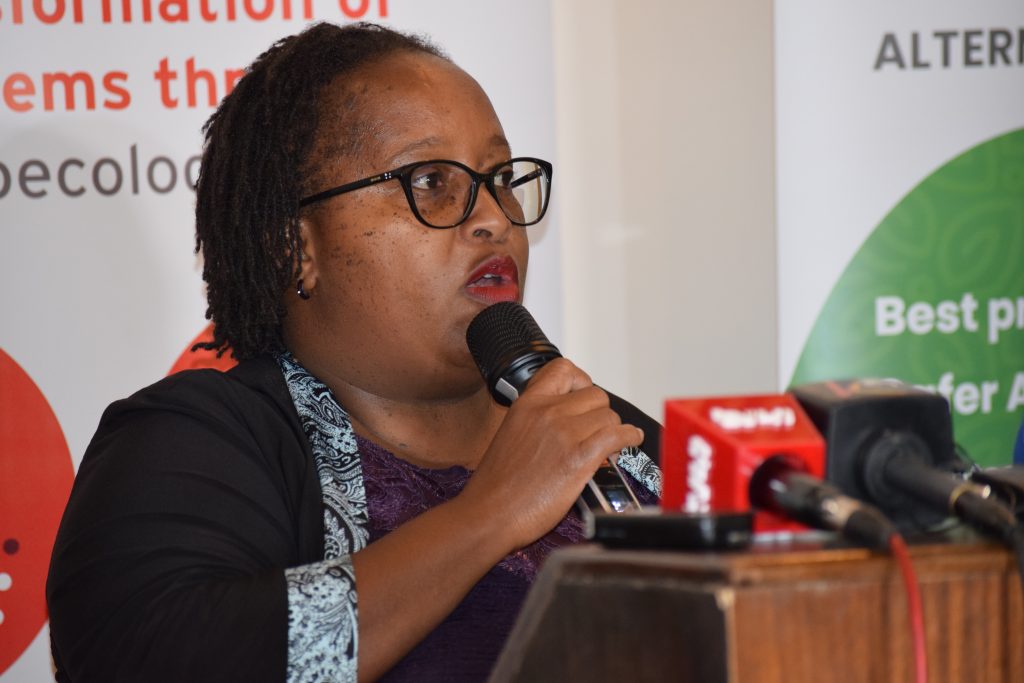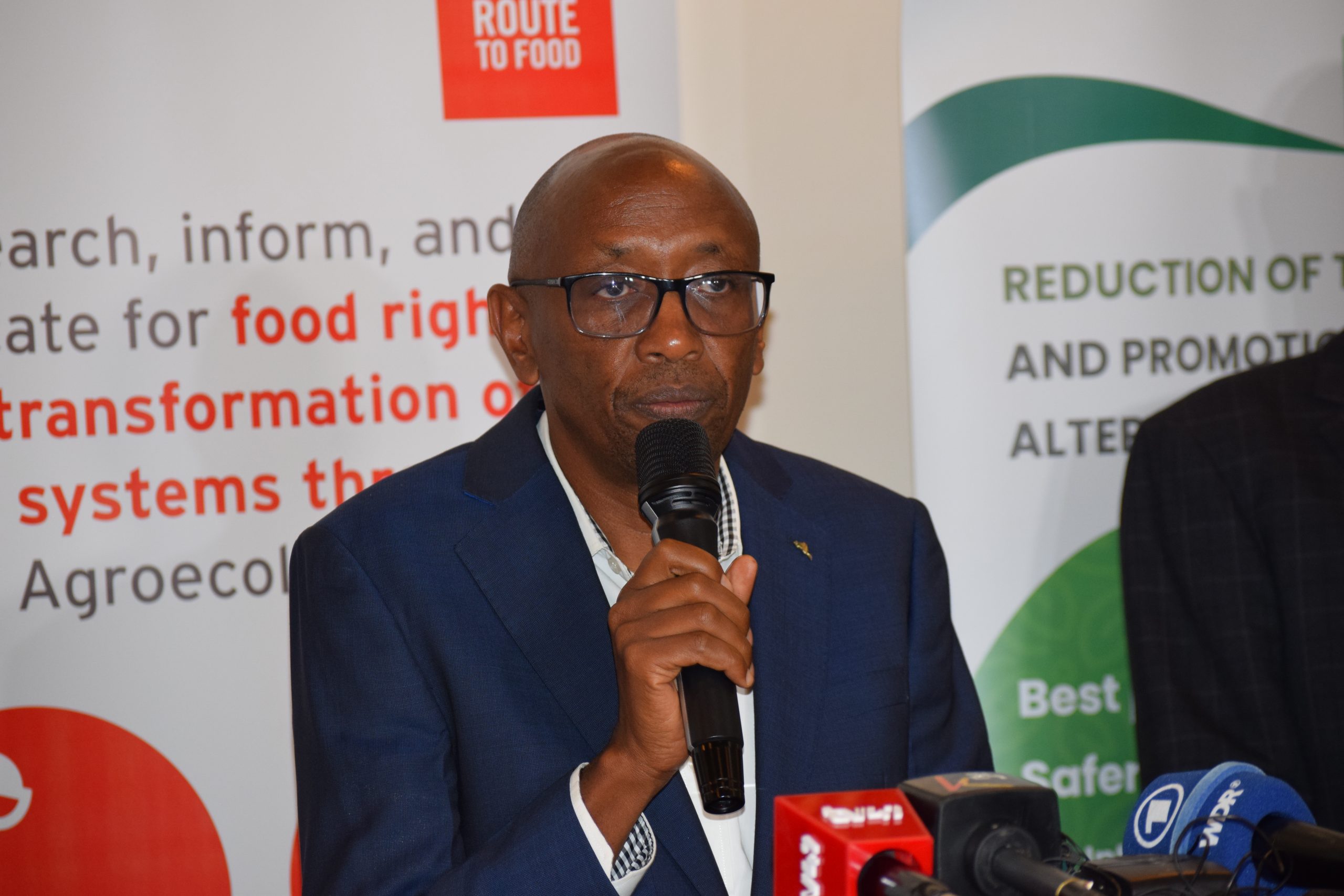The Kenyan government has banned over 50 harmful pesticide products, marking a major victory for public health and environmental activists. The move, announced by Agriculture Cabinet Secretary Mutahi Kagwe on May 7, 2025, aims to protect farmers, consumers, and ecosystems from hazardous chemicals.
Civil society groups have praised the ban but warn that enforcement will be key. “This is a crucial step, but past deadlines have been ignored,” said a coalition of Civil Society Organizations (CSOs). They point out that some pesticides flagged for removal in 2024 are still in circulation, undermining trust in regulatory bodies.

The ban aligns with global standards, including FAO/WHO guidelines, and follows the recent Business Laws (Amendment) Act, 2024, which prohibits the import of chemicals banned in other countries. Campaigners now urge the government to publish the full list of banned pesticides, ensuring it includes notorious toxins like Paraquat, Glyphosate, and Mancozeb.
Read more on:
Insect Frass Fertilizer Offers New Hope for Africa’s Farming Future.
Farmers, however, worry about alternatives. “We need safe, affordable options,” said the CSOs. The government faces pressure to provide training and eco-friendly pest control methods to avoid disrupting food production.
With parliamentary committees pushing for stricter oversight, this ban could redefine Kenya’s agricultural future—if properly enforced.










